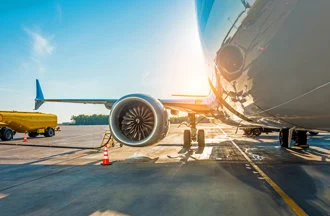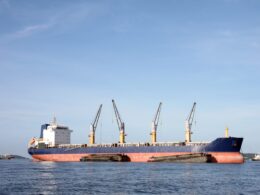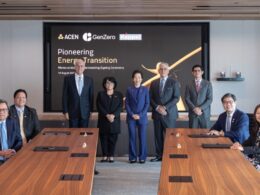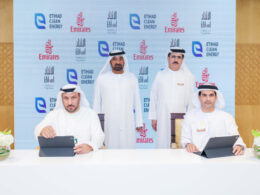The International Air Transport Association (IATA) has announced the creation of the Civil Aviation Decarbonization Organization (CADO), an independent not-for-profit entity that will be responsible for managing the forthcoming Sustainable Aviation Fuel (SAF) Registry developed by IATA.
CADO has been established to ensure the registry is operated transparently and inclusively, with its mandate designed to build trust across the aviation industry, governments, and stakeholders throughout the SAF value chain.
“CADO will turbocharge the imminent launch of the IATA-developed SAF Registry,” said Marie Owens Thomsen, IATA’s Senior Vice President Sustainability and Chief Economist. “Its independent and open structure is key to ensuring scrutiny, integrity, and inclusivity. All stakeholders, including governments, are welcome to participate, making it a potential catalyst for harmonising SAF registry principles worldwide.”
Incorporated in Canada and headquartered in Montreal, CADO will operate separately from IATA, although IATA will continue to provide technical support and operational assistance. Membership is open to:
- Organisations directly involved in the SAF value chain or representing those who are
- National or quasi-state bodies with a direct interest in the SAF Registry
- Relevant interest groups indirectly benefiting from SAF use in aviation
The SAF Registry, expected to launch soon, aims to create a standardised, transparent global system for tracking SAF transactions. It will allow environmental benefits to be reliably traced through the supply chain, enabling airlines and corporate customers to claim emissions reductions under both regulatory frameworks and voluntary schemes.
IATA’s Director General Willie Walsh called the Registry a “critical piece of market infrastructure” necessary to foster a transparent and liquid global SAF market.
“The industry’s commitment to develop the SAF Registry and establish CADO should encourage governments, fossil fuel producers, and investors to step up their engagement. Boosting SAF production is a shared goal, and this structure represents real progress in aviation’s decarbonisation journey,” Walsh said.
SAF availability remains a key challenge, with limited supply concentrated in a small number of regions. The Registry is expected to bridge this gap by connecting airlines with producers and suppliers globally. It will also enable corporate customers to support in-sector emissions reductions, leveraging their financial power to co-fund decarbonisation.
Participation in the SAF Registry will be free of charge until April 2027, after which it will transition to a cost-recovery model.

















